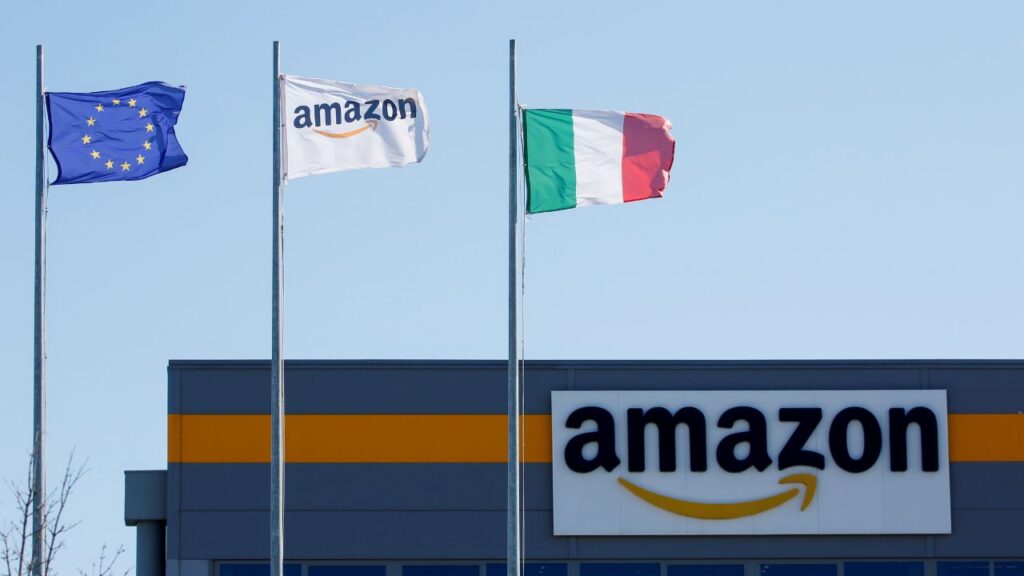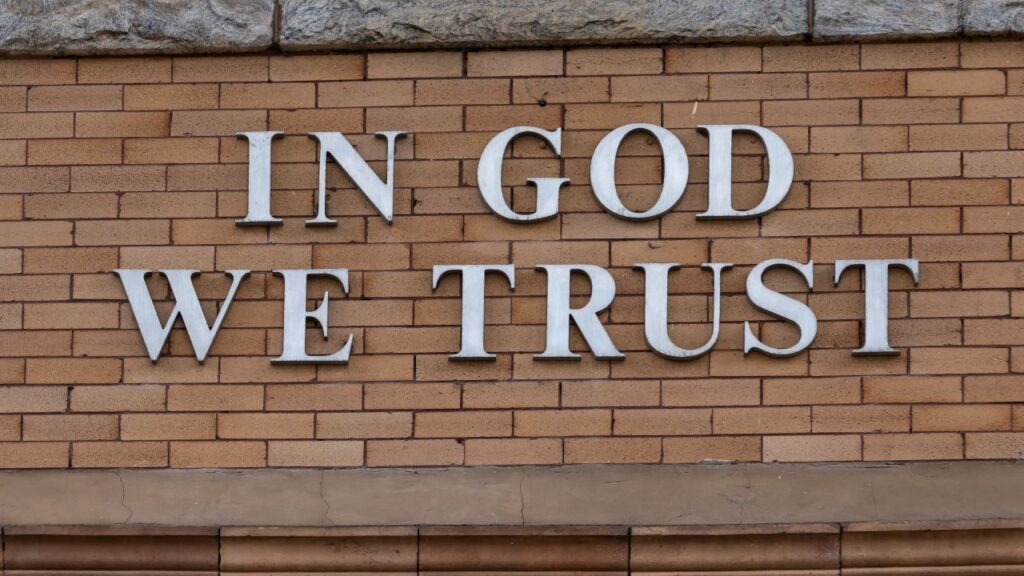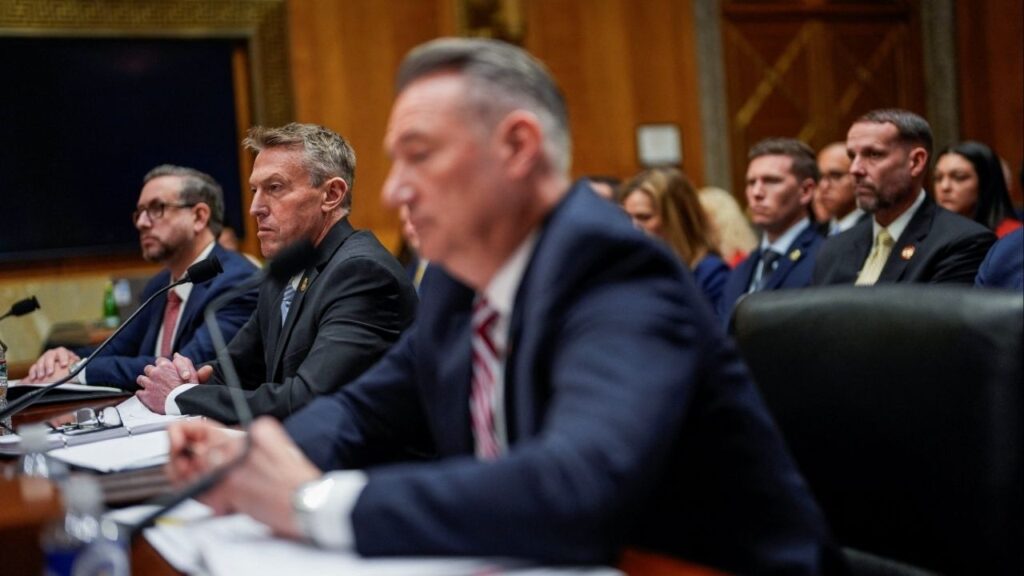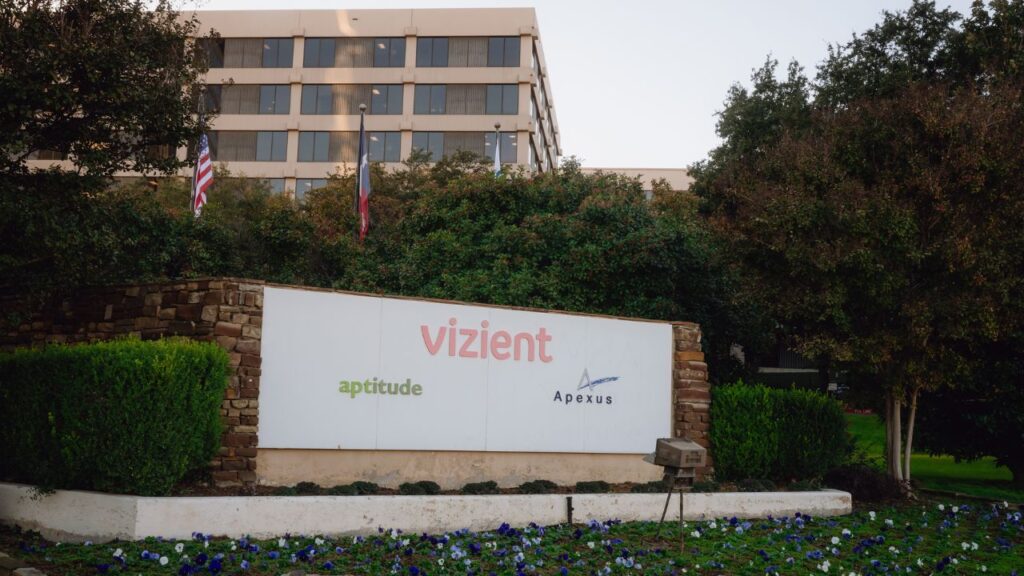Share
Over the past two years, the city of Fresno has paid off $414,106 in outstanding utility bills for Granite Park, the city-owned recreation facility operated under contract by a nonprofit, multiple sources tell GV Wire.
And those payments have been made even though the relationship between the city and the park’s operator, Central Valley Community Sports Foundation, has been sour for several years.
In fact, Terance Frazier, president of CVCSF, filed a federal civil rights lawsuit against the city in 2020. He alleges retaliation, racial discrimination, breach of contract, discriminatory business dealings, and interference with free speech.
Two high-level city sources who did not want to be named because of the ongoing litigation said that the city paid $262,898 in PG&E bills, and $151,208 in water bills — between Feb. 2021 and April of this year.
“It was not an administrative decision,” City Manager Georgeanne White said in a brief statement. GV Wire reported earlier that according to sources, the decision came from the administration.
The sources also say that CVCSF is currently $48,670 in arrears with PG&E. Both PG&E and Frazier declined to answer questions about the status of Granite Park’s PG&E account.
Granite Park also owes another $86,660 in unpaid water bills, sources tells GV Wire.
Frazier also declined to comment about the city paying the park’s recent utility bills.
GV Wire asked Dyer about the spending on Monday, but Dyer walked out of the room without answering the question. Asked again Tuesday, Dyer said the city attorney would be releasing a statement in the future.
Watch: Bredefeld, Arias Answer Granite Park Question, but Mayor Ducks It
Councilman Garry Bredefeld says he’s opposed to the city paying Granite Park’s utility bills.
“(I) believe that people who have obligations to pay their bills, whether it’s a resident or a business owner, they should be paying their own bills. The city of Fresno should not be bailing them out,” Bredefeld said.
Councilmembers Mike Karbassi and Luis Chavez declined to answer questions about the situation, citing the lawsuit against the city.
Councilmembers Annalisa Perea, Tyler Maxwell, and Nelson Esparza did not respond to GV Wire’s request for comment.
Arias’s Influence?
Multiple City Hall sources say Councilman Miguel Arias — a friend of Frazier and his wife Esmeralda Soria, a state Assemblymember and former city councilwoman — pushed for the payments.
Arias denied such action when asked by GV Wire. He said he was unaware of the city paying the Granite Park bills, and to ask city management about it.
“I don’t know what you’re asking, and I don’t know that to be the truth,” Arias said. “I don’t manage the park.”
During the 2022 budget hearings, Arias motioned to use $1 million for Granite Park, but his request did not make it into the final spending plan.
Since this story first published, a spokeswoman for the Dyer administration did say that $550,000 for Granite Park — including $300,000 for utilities — did make it into the budget.
Soria’s office said the Assemblywoman “does not wish to comment on this matter.”
Rules on City Spending
The payments might violate the city’s own spending rules.
The citywide purchasing policy, found in Administrative Order 3-1, states that amounts over $50,000 need city council approval. That specifically applies to “consultant/professional services” and “technical/non-professional services.”
The document does not specify the scenario of paying off utility bills.
Sources say that the city council has discussed the Granite Park issue several times in closed session — which are city council discussions that can be held in private under certain circumstances.
The sources say the city council gave “direction” on the spending without taking a formal vote. It is a questionable tactic, say state government ethics and First Amendment experts. However, the council has used it previously on issues such as lawsuit settlements,
The city council has never held a public vote on whether to pay Granite Park’s bills beyond the terms of its contract with the park’s operators.
CVCSF Lease, the Audit, and the Lawsuit
Granite Park was a weed-infested eyesore in the mid-2010s, a casualty of the Great Recession. Originally a private park, the city took possession in 2010 after the original owner defaulted on a loan.
The city contracted with Frazier’s CVCSF to rehabilitate the park. The parties signed a 25-year lease in 2015, in which the city provided CVCSF with a $150,000 subsidy per year. In return, the nonprofit would operate and improve the park.
Under the contract, CVCSF could reap income from Granite Park by hosting recreational events, other events such as concerts and concessions, and advertising from electronic signage overlooking Highway 168.
The nonprofit would be responsible for maintenance — including utilities — repairs and other costs.
Frazier says he spent millions of his own money to refurbish the park. He also says that 400,000 people attend events and use the park annually.
On a recent summer night, the baseball diamonds were filled with recreation players. The snack bar was ready to serve hungry fans with ballpark favorites like hot dogs and candy.
Granite Park also has soccer fields and even a bar for adult patrons. The park hosts several baseball/softball and soccer tournaments a year.

Frazier said the $150,000 from the city was not enough to operate the park and so he requested that the city double the amount in 2018. The city responded with an audit of the park’s finances.
The audit questioned CVCSF’s accounting practices and revealed loans made by business entities controlled by Frazier’s partner, TJ Cox, who later became a congressman. The audit additionally revealed that the loans were paid back to Cox personally.
Cox — who lost re-election to Congress in 2020 — was arrested by federal authorities in 2022 on 26 fraud-related charges, including schemes involving Granite Park. He awaits trial.
Frazier said the audit’s accusations were unfair and inaccurate, and the city used a negative audit as a pre-emptive maneuver to break the contract.
Frazier sued the city and several of its leaders. The parties next meet on Nov. 30 for a scheduling conference in front of Magistrate Judge Stanley Boone. The city’s outside counsel is bringing on new attorneys to replace Jim Betts (who retired last month) and Joseph Rubin (undergoing back surgery with a long recovery).
The city was set to settle the lawsuit for $4 million in 2021, but a last-minute letter from Fresno County District Attorney Lisa Smittcamp canceled the vote. Smittcamp said she was investigating violations of the state’s open meeting laws. Smittcamp dropped the investigation in 2022, saying she could not prove such allegations. The city has not voted on a lawsuit settlement — at least publicly — since.
What About the Grizzlies?
Frazier would not directly answer questions about the city payments on the sports foundation’s behalf. Instead, he pointed to the city’s deal with the minor league Fresno Grizzlies baseball team, which plays at city-owned Chukchansi Park.
“Ask the Grizzles and all other parks the city pays for. It’s their park. The hypocrisy is real,” Frazier said.
Fresno Sports and Entertainment, the Grizzlies’ parent company, leases city-owned Chukchansi Park as part of a contract renegotiated in 2020. The deal provides the team with a $300,000 subsidy for utility payments. The Grizzlies have not defaulted on their PG&E and water bills.
RELATED TOPICS:
Categories

Italian Tax Police Search Amazon in New Tax Probe

















